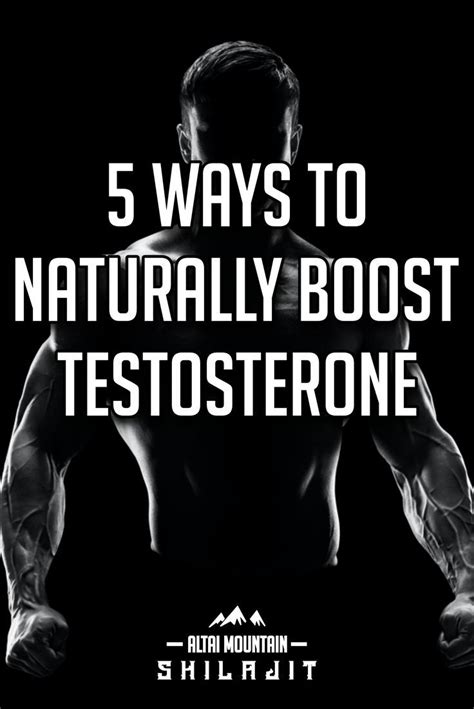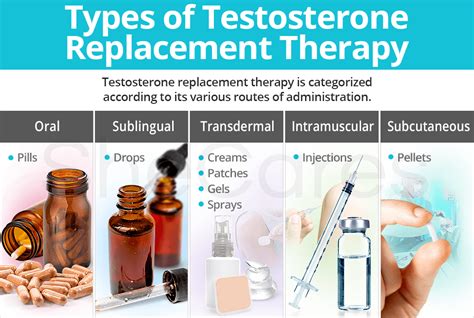How to naturally boost testosterone for peak male energy & drive?

Testosterone, often hailed as the cornerstone of male vitality, plays a pivotal role far beyond just muscle mass and libido. It influences mood, energy levels, bone density, and overall cognitive function. As men age, testosterone levels naturally decline, but modern lifestyle factors can accelerate this process, leading to symptoms like fatigue, low drive, reduced mental clarity, and decreased physical performance.
The good news is that you don’t always need synthetic interventions. A wealth of research supports natural, holistic strategies to optimize your body’s own testosterone production. This article will guide you through evidence-backed approaches to help you reclaim peak male energy and drive.

Understanding Testosterone’s Impact
Testosterone is the primary male sex hormone, produced mainly in the testes. It’s crucial during puberty for developing male characteristics, but its importance continues throughout life. Optimal testosterone levels contribute to a healthy libido, robust muscle mass, strong bones, red blood cell production, and even cognitive functions like memory and focus. When levels drop below the healthy range, men can experience a range of disruptive symptoms, impacting both physical and mental well-being.
Pillars for Natural Testosterone Optimization

1. Optimize Your Diet with Nutrient-Dense Foods
What you eat directly impacts your hormonal balance. Focus on a diet rich in whole, unprocessed foods. Prioritize:
- Healthy Fats: Crucial for hormone production. Include sources like avocados, nuts, seeds, olive oil, and fatty fish (salmon, mackerel).
- Quality Protein: Essential for muscle growth and repair, which supports testosterone. Lean meats, eggs, poultry, and plant-based proteins are excellent choices.
- Micronutrients:
- Zinc: Vital for testosterone production. Found in oysters, red meat, poultry, beans, nuts, and dairy.
- Vitamin D: More of a hormone than a vitamin, adequate levels are strongly linked to healthy testosterone. Sunlight exposure and foods like fatty fish and fortified dairy are key.
- Magnesium: Supports free and total testosterone levels. Spinach, almonds, black beans, and avocados are good sources.
- Limit Sugar and Processed Foods: These can contribute to insulin resistance and inflammation, both detrimental to testosterone.

2. Embrace Strength Training and High-Intensity Exercise
Regular physical activity, particularly strength training, is a potent natural testosterone booster. Compound movements like squats, deadlifts, bench presses, and rows, which engage multiple muscle groups, have been shown to be particularly effective. High-intensity interval training (HIIT) can also provide a significant boost. Aim for 3-4 sessions per week, allowing for adequate recovery.
3. Prioritize Quality Sleep
Sleep deprivation is a silent assassin for testosterone. Most testosterone release occurs during sleep. Studies show that even a week of restricted sleep (e.g., 5 hours per night) can significantly reduce testosterone levels in healthy young men. Aim for 7-9 hours of high-quality sleep per night. Establish a consistent sleep schedule, create a dark, cool, and quiet sleep environment, and limit screen time before bed.

4. Manage Stress Effectively
Chronic stress leads to elevated cortisol levels. Cortisol, often called the “stress hormone,” has an inverse relationship with testosterone; as cortisol goes up, testosterone tends to go down. Incorporate stress-reduction techniques into your daily routine, such as meditation, yoga, deep breathing exercises, spending time in nature, or engaging in hobbies you enjoy.
5. Limit Alcohol and Avoid Endocrine Disruptors
- Alcohol: Excessive alcohol consumption can directly interfere with testosterone production and increase its conversion to estrogen. Moderate intake is key.
- Endocrine Disrupting Chemicals (EDCs): Found in plastics (BPA, phthalates), pesticides, and certain personal care products, EDCs can mimic or block hormones, negatively impacting testosterone. Choose glass over plastic, opt for organic produce, and select natural personal care items where possible.
Key Supplements (Consult Your Doctor)
While a whole-food diet and healthy lifestyle are paramount, certain supplements may offer additional support for some individuals, but always consult a healthcare professional before starting any new regimen:
- Vitamin D: If your levels are low, supplementation can be beneficial.
- Zinc: Also useful if you have a deficiency, as zinc is crucial for testosterone synthesis.
- Ashwagandha: An adaptogenic herb that may help reduce stress and cortisol, indirectly supporting testosterone levels.

Conclusion
Boosting testosterone naturally is not a quick fix but a holistic lifestyle commitment. By making conscious choices in your diet, prioritizing regular strength training, ensuring adequate sleep, managing stress effectively, and minimizing exposure to harmful chemicals, you can significantly enhance your body’s natural testosterone production. Embrace these strategies to not only elevate your energy and drive but also to foster overall health and well-being, leading to a more vibrant and fulfilling life.









